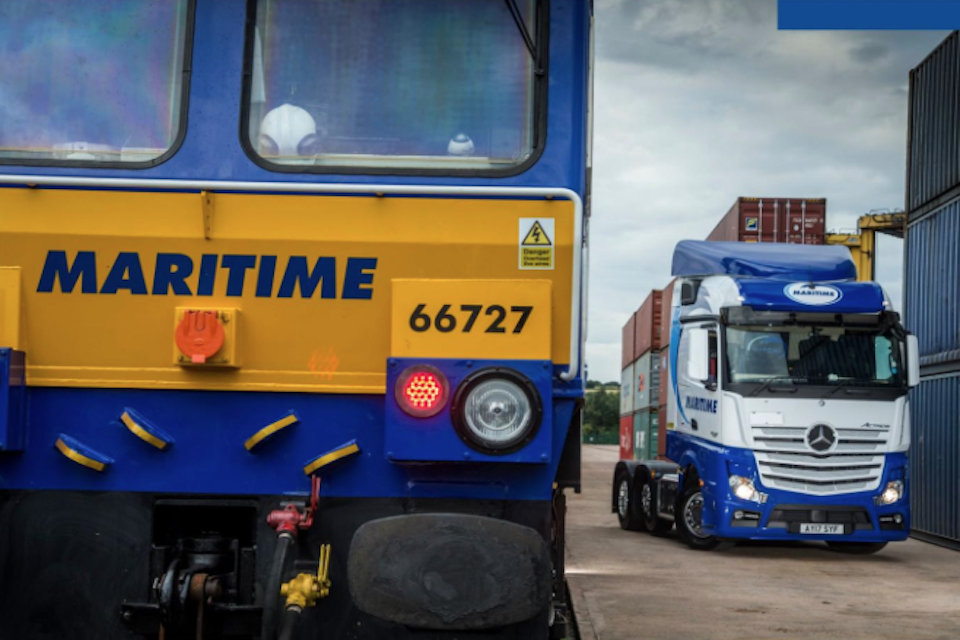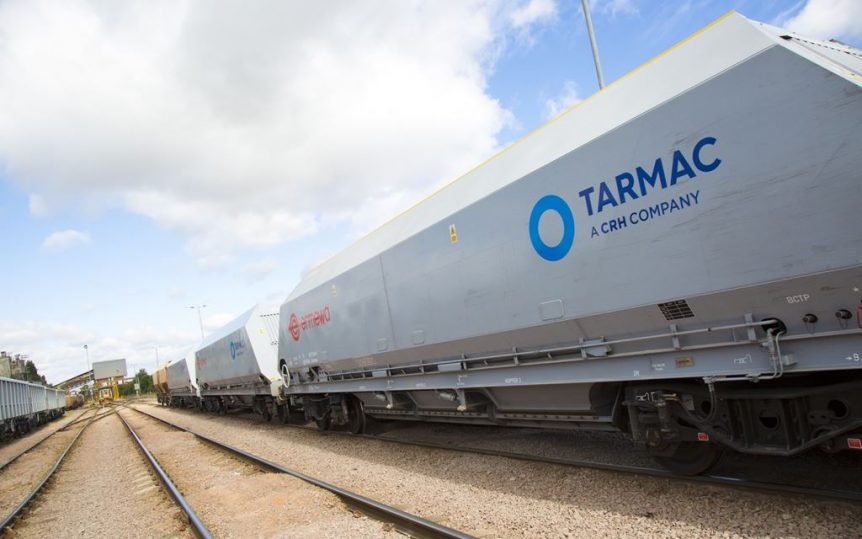Governments in London, Cardiff, and Edinburgh should strengthen financial backing for rail amid ambitious growth targets and economic challenges. In response to the UK Department of Transport’s (DfT) ongoing review of mode shift grants, Rail Partners, an industry-wide advocacy group, has underscored the crucial role of government support in driving the growth of rail freight across the UK.
The UK Government in London has responsibility for transport matters in England only, but indirectly contributes to budgets in Wales and Scotland. The devolved governments make decisions on domestic transport matters within the overall budget allocated by London. That has been cause for some friction, especially in Scotland, where the separatist Scottish National Party retains overall power and blames London as the reason for some tough decisions, including the suspension of some financial support for the rail freight sector.
Pivotal role that existing grants play
The submission by Rail Partners to the DfT’s Mode Shift Grants Review highlights the pivotal role that existing grants play in facilitating rail freight’s contribution to positive environmental and economic outcomes. Notably, the Mode Shift Revenue Support (MSRS) scheme, which is set to expire on 31 March 2026, has been instrumental in incentivising a modal shift from road to rail, thus reducing carbon emissions and alleviating road congestion.
Liam Bogues, freight and regulation policy lead at Rail Partners, commended the UK government’s recent commitment to long-term rail freight growth, with a target of 75% expansion by 2050. Bogues emphasised the importance of ambitious growth targets in driving investment and fostering a sustainable approach to freight transportation.
Tripling rail freight volumes
However, Rail Partners advocates for an even more ambitious trajectory of growth. They cite the significant demand for rail freight services as evidenced in their recently published report, “Freight Expectations.” That study suggests that tripling rail freight volumes by 2050 is feasible under optimal conditions. Rail Partners argue that would result in substantial economic benefits and a considerable reduction in heavy goods vehicle (HGV) movements, with the attendant environmental benefits.

To achieve and surpass these targets, Rail Partners stresses the importance of affordability in rail freight services. Operational enhancements, such as running longer trains and reducing journey times, are essential, but economic challenges must be addressed, they say. According to the group, rising energy costs, increased rail network access charges, and higher port charges pose significant hurdles to the competitiveness of rail freight compared to road transport.
Align with economic realities
The Mode Shift Revenue Support (MSRS) scheme, in particular, has been lauded for its effectiveness in addressing cost differentials between road and rail freight. Rail Partners has called for a doubling of the MSRS budget upon its renewal in April 2025. They emphasise the scheme’s high benefit-cost ratio and its pivotal role in reducing carbon emissions and congestion.

Rail Partners also advocates for enhancements to the MSRS scheme, including more frequent recalibration of grant rates to align with economic realities and the introduction of fixed grant rates to provide clarity and promote competition within the rail freight sector. However, they face an adverse gradient, with a restricted budget in England and no funds at all made available in Scotland in the current budget.
Continued necessity to address market pressures
There is an alternative available to the developed governments. Rail Partners highlights the importance of the Freight Facilities Grant (FFG), which supports the development of rail-connected facilities. However, the current scheme’s limitation to Scotland and Wales poses challenges for nationwide rail freight development. Rail Partners urges the expansion of the FFG scheme to encompass all of Great Britain, building on its success in Scotland and Wales.
While acknowledging the positive impact of private sector-led initiatives, such as the DP World modal shift program at Southampton, Rail Partners raise concerns and stress the continued necessity of government grants to address market pressures outside the sector’s control. They urge governments in all UK nations to recognise and support the broader societal benefits of a modal shift to rail.